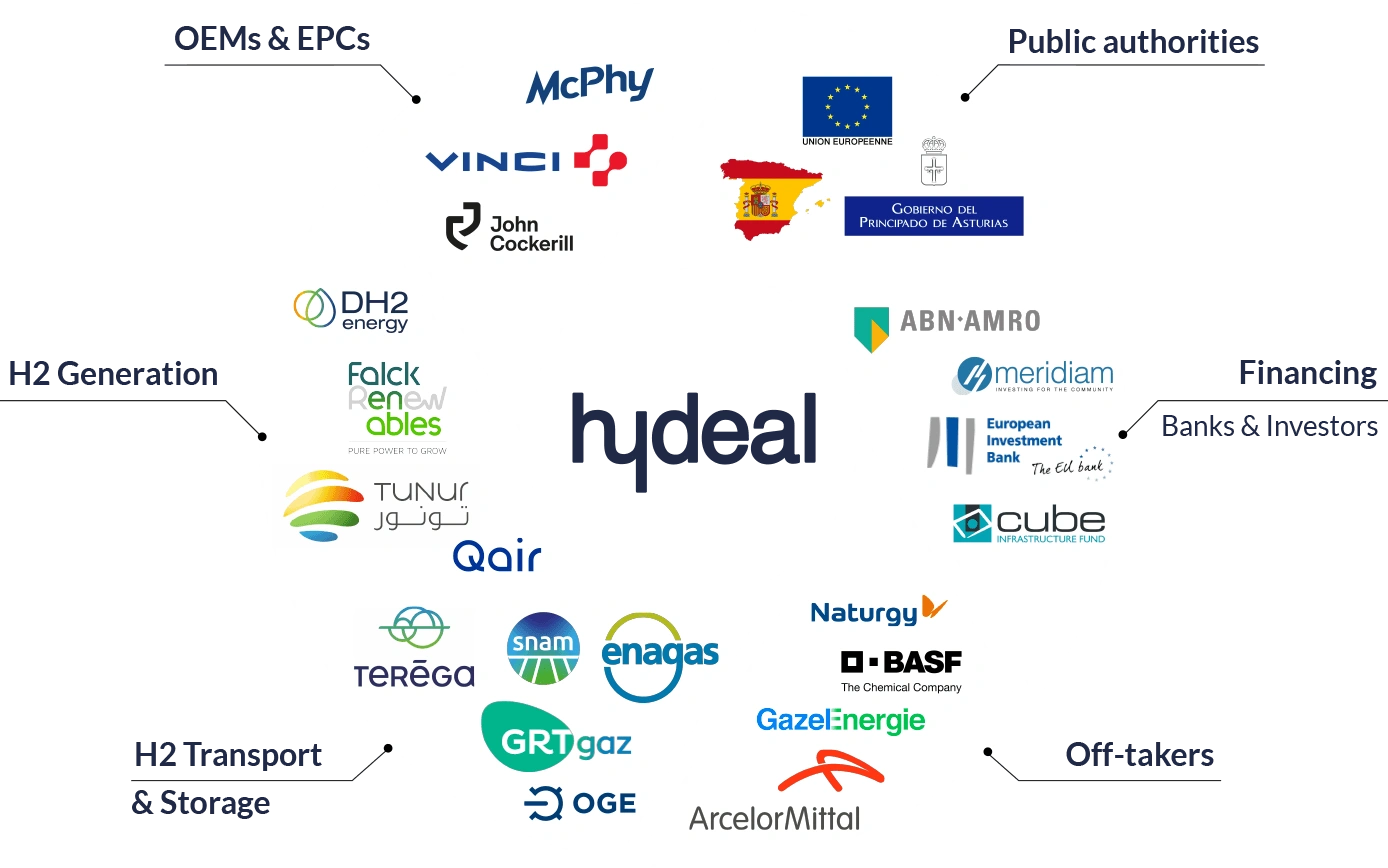Shell welcomes electric car future

John E. Kaye
- Published
- Sustainability

Shell sees oil demand peaking by late 2020s as electric car sales grow. The world’s oil consumption could peak as early as the end of the next decade as electric vehicles become more popular, Royal Dutch Shell Chief Executive Ben van Beurden said recently.
The prospect of a decline in oil consumption after more than a century of growth as the world switches to burning cleaner fuels is gathering pace. Britain recently announced plans to ban diesel and gasoline vehicles by 2040, following a similar move by France.
“I think they are very welcome announcements, they are also very needed announcements,” van Beurden told reporters after Europe’s biggest oil company reported a sharp rise in quarterly profits recently.
Under the Anglo-Dutch company’s most aggressive scenario of battery-powered vehicles replacing traditional internal combustion engines, consumption of oil will peak in the early 2030s, he said.
With a high use of biofuels in the mix, demand could peak by the late 2020s, he added.
But oil will still be needed for decades to come as it is likely to remain the main fuel for planes, ships and heavy trucks, van Beurden told reporters.
“Even if the UK, France and the Western world in general will all go to 100 percent electric vehicles, that would be great, but that wouldn’t be enough… We still have less advanced economics that cannot do that switch,” he added.
In an interview with Bloomberg TV van Beurden said he would opt for an electric car as his next vehicle purchase.
The outlook from the world’s second-largest oil and gas company contrasts with others in the sector. Energy watchdog International Energy Agency does not expect oil demand to peak before 2040.
Shell, which has been producing oil since 1907, and its peers are increasingly switching to less-polluting natural gas production as the world transitions to a low carbon emission energy system.
The company launched a new energies division last year through which it aims to invest up to $1 billion a year by 2020 in renewable energy, biofuels and hydrogen.
RECENT ARTICLES
-
 Strong ESG records help firms take R&D global, study finds
Strong ESG records help firms take R&D global, study finds -
 How residence and citizenship programmes strengthen national resilience
How residence and citizenship programmes strengthen national resilience -
 Global leaders enter 2026 facing a defining climate choice
Global leaders enter 2026 facing a defining climate choice -
 EU sustainability rules drive digital compliance push in Uzbekistan ahead of export change
EU sustainability rules drive digital compliance push in Uzbekistan ahead of export change -
 China’s BYD overtakes Tesla as world’s largest electric car seller
China’s BYD overtakes Tesla as world’s largest electric car seller -
 UK education group signs agreement to operate UN training centre network hub
UK education group signs agreement to operate UN training centre network hub -
 Mycelium breakthrough shows there’s mush-room to grow in greener manufacturing
Mycelium breakthrough shows there’s mush-room to grow in greener manufacturing -
 Oxford to host new annual youth climate summit on UN World Environment Day
Oxford to host new annual youth climate summit on UN World Environment Day -
 Exclusive: Global United Nations delegates meet in London as GEDU sets out new cross-network sustainability plan
Exclusive: Global United Nations delegates meet in London as GEDU sets out new cross-network sustainability plan -
 Fast fashion brands ‘greenwash’ shoppers with guilt-easing claims, study warns
Fast fashion brands ‘greenwash’ shoppers with guilt-easing claims, study warns -
 Private sector set to overtake government as main driver of corporate sustainability in 2026, report suggests
Private sector set to overtake government as main driver of corporate sustainability in 2026, report suggests -
 Sir Trevor McDonald honoured at UWI London Benefit Dinner celebrating Caribbean achievement
Sir Trevor McDonald honoured at UWI London Benefit Dinner celebrating Caribbean achievement -
 Historic motorsport confronts its energy future
Historic motorsport confronts its energy future -
 Protecting the world’s wild places: Dr Catherine Barnard on how local partnerships drive global conservation
Protecting the world’s wild places: Dr Catherine Barnard on how local partnerships drive global conservation -
 Europe’s HyDeal eyes Africa for low-cost hydrogen link to Europe
Europe’s HyDeal eyes Africa for low-cost hydrogen link to Europe -
 Fabric of change
Fabric of change -
 Courage in an uncertain world: how fashion builds resilience now
Courage in an uncertain world: how fashion builds resilience now -
 UAE breaks ground on world’s first 24-hour renewable power plant
UAE breaks ground on world’s first 24-hour renewable power plant -
 China’s Yancheng sets a global benchmark for conservation and climate action
China’s Yancheng sets a global benchmark for conservation and climate action -
 Inside Iceland’s green biotechnology revolution
Inside Iceland’s green biotechnology revolution -
 Global development banks agree new priorities on finance, water security and private capital ahead of COP30
Global development banks agree new priorities on finance, water security and private capital ahead of COP30 -
 UK organisations show rising net zero ambition despite financial pressures, new survey finds
UK organisations show rising net zero ambition despite financial pressures, new survey finds -
 Gulf ESG efforts fail to link profit with sustainability, study shows
Gulf ESG efforts fail to link profit with sustainability, study shows -
 Redress and UN network call for fashion industry to meet sustainability goals
Redress and UN network call for fashion industry to meet sustainability goals -
 World Coastal Forum leaders warn of accelerating global ecosystem collapse
World Coastal Forum leaders warn of accelerating global ecosystem collapse



























